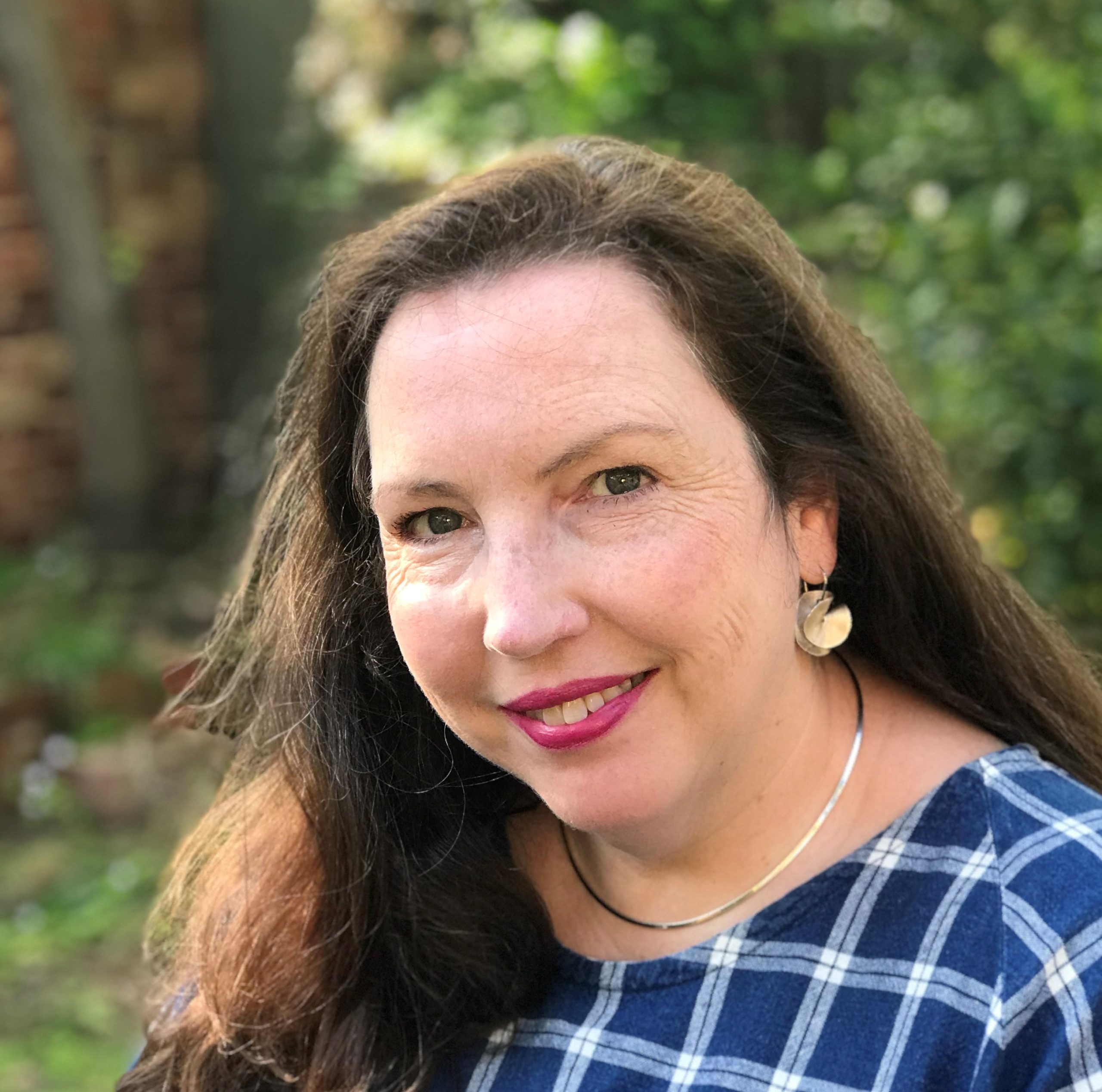“When families have good care, they don’t have regrets” – Jenny Hynson shares why paediatric palliative care is so important
“When families have good care, they don’t have regrets” – Jenny Hynson shares why paediatric palliative care is so important
by Megan Blandford
Tuesday, April 23, 2024
When Jenny Hynson was a young doctor, she saw the need for formalised paediatric palliative care. Then she helped to make it a reality.
Jenny Hynson remembers the moment she knew she needed to work in paediatric palliative care.
“I was a young doctor on the wards at a big hospital, working in the paediatric unit. I was looking after a young girl who was dying of leukemia, and there was a lot of distress from her, her mum and the nurses.”
Jenny recalls no one knowing how to best help the child, so she called on the adult palliative care team for advice and they adapted that to be suitable for a child.
“From that moment, I realised there was a better way. We needed someone from paediatrics to help kids in this situation,” Jenny says.
The path to creating formalised palliative care for children
Clinical Associate Professor Jenny Hynson is now the Head of the Victorian Paediatric Palliative Care Program at The Royal Children’s Hospital Melbourne, a state-wide service for children with palliative care needs.
But back when she realised children needed more formalised support at end-of-life, that role didn’t exist.
“There wasn’t a palliative care service for children at the time, although people were doing their best. We didn’t think about them as a group in a systematic way as we would other groups of patients, we just got through each case,” Jenny says.
“I started saying I wanted to be a paediatric palliative care doctor, and people would say, ‘That’s lovely but there isn’t such a thing’, and there was no training pathway.”
Jenny took matters into her own hands, taking on training opportunities that she saw as relevant. And then things began to change - The Royal Children’s Hospital showed interest in a paediatric palliative care program, funding came through and, alongside one nurse and a social worker, Jenny’s vision came to life.
Many years later, Jenny is now also involved in the Paediatric Palliative Care National Action Plan, a project that addresses the needs of children, young people, parents and carers while assisting health professionals who respond to the needs of children with life-limiting conditions.
And in 2024, Jenny received the Medal of the Order of Australia (OAM) for service to palliative care medicine.
What children and families need from palliative care teams
Paediatric palliative care is vital for both children and their families.
“They need comfort. Parents want their children to be as comfortable as they can be, but more than that they want them to live as full a life as possible and to enjoy the time they have,” Jenny says.
“They need to be equipped with information, they need compassion and care, and they need to have access to people who have walked this path with other families to help them navigate waters that seem uncharted and scary.”
Choices are important for families during this time, including the decision of whether their child should be in hospital or at home.
“For those families that go home, I feel really passionate about them having access to expert support around the clock. I wish all families could have access to a nurse who can visit after hours,” Jenny says.
“It can be a really lonely experience. There’s a need for resources – we’ve developed a podcast, for example, with different families generously sharing their experiences because they want other parents to not feel so alone.”
The rewarding side of paediatric palliative care
There are many challenges in paediatric palliative care. “We are looking after a small population that’s spread over a large geographic area, and who have very complex and significant needs,” Jenny says.
“It’s very hard to create a system that covers all the complexities of that. Getting them what they need can be very challenging.”
But within all of that is the human element of helping families through the toughest time in their lives. And it’s this care, Jenny believes, that helps them long after the end of their child’s life.
“No parent is prepared for their child dying before they do, and there’s no guidebook to know what the right thing to do is. I see parents wrestle with the question of what it means to be a good mum or dad to a child who’s dying,” says Jenny.
“The difference I see when families have good care is they don’t have regrets. That can really impact on how they grieve.”
From a personal perspective, Jenny says the work is just as rewarding as she imagined it to be all those years ago.
“I’m always overwhelmed with the gratitude that families show, and you can feel how significant your contribution has been,” she says.
“It’s all rooted right back in that original experience, where I saw something that wasn’t good. Now, to see that so many children can receive the type of care I had in my mind, it’s very rewarding.”
Palliative Care Australia and Paediatric Palliative Care Australia and New Zealand represent a strong network of health professionals, and dedicated professionals committed to the delivery of quality paediatric palliative care for all.
Both organisations work closely to provide information, resources, educational tools and advocacy for health professionals, support organisations, families, carers, and young people to enhance the experience of and access to specialised paediatric palliative care in Australia.
The lived experience of children, young people, and families has been central to the outcome of this collaboration. Explore the Paediatric Palliative Care website.
